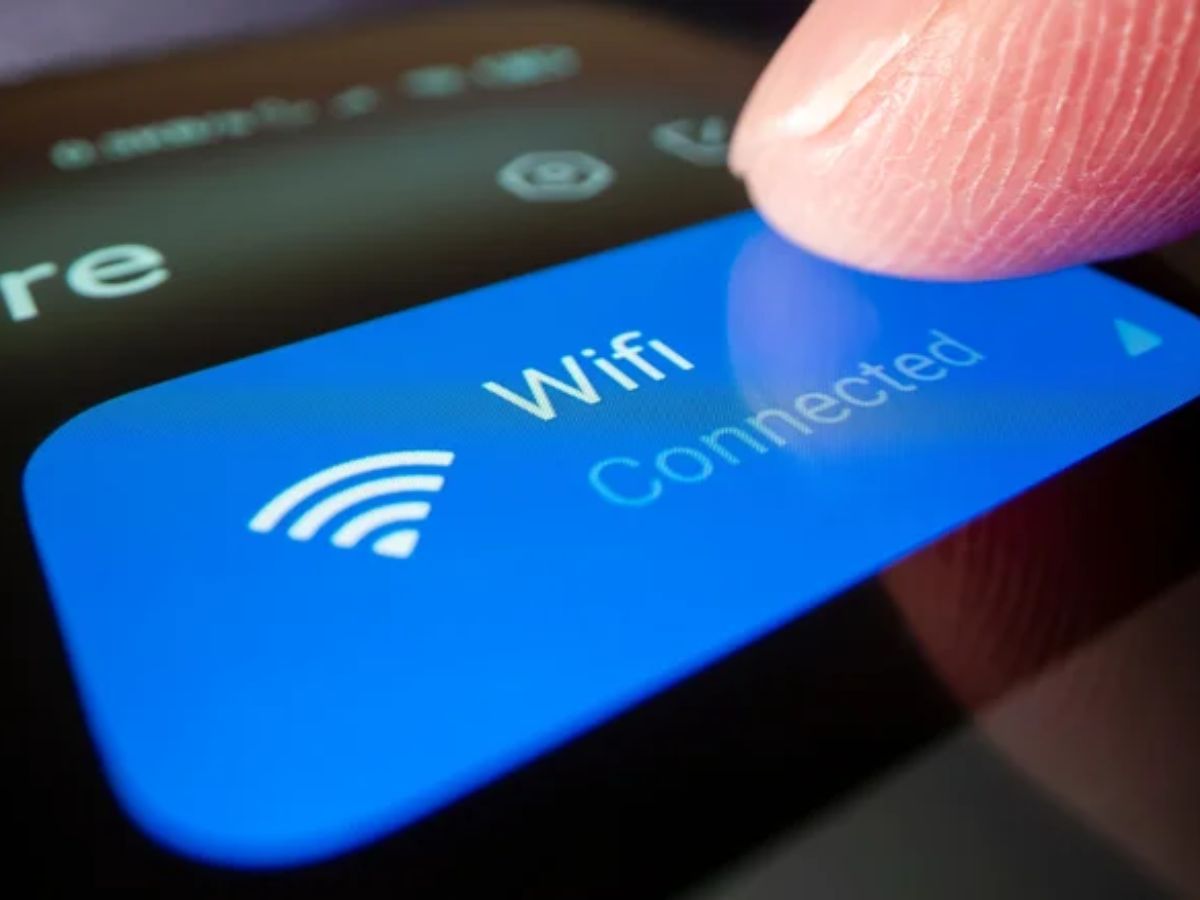
Source: Slashgear.com
Check Existing Settings
Turn On Wi-Fi
- Navigate to your tablet's settings.
- Find the "Wi-Fi" or "Wireless & networks" option.
- Toggle the switch to enable Wi-Fi.
Check Connection
- Verify connection by checking Wi-Fi settings.
- If not connected, select your network from the list and enter the password if required.
Update Your Tablet’s Software
Check for Updates
- Go to your tablet’s settings.
- Navigate to the "System" or "About phone" section.
- Look for "System update" or "Software update."
- Follow prompts to download and install updates if available.
Update Apps
- Open the Google Play Store or any other app store.
- Tap on the menu icon (three horizontal lines or a grid icon).
- Select "My apps & games."
- Tap "Update" next to each app with available updates.
Restart Your Tablet
Restart Your Tablet
- Press and hold the power button until the power menu appears.
- Select "Restart" from the options.
Move Closer to the Router
Positioning
- Move your tablet closer to the router.
- Place the tablet in a central location to receive a strong signal.
Use a Wi-Fi Analyzer App
Download a Wi-Fi Analyzer App
- Search for Wi-Fi analyzer apps in the Google Play Store.
- Download and install an app like Wi-Fi Analyzer (by Farproc) or WiFi Scanner (by Fritz).
Scan for Networks
- Open the app and start scanning for nearby networks.
- The app will display a graph showing the strength of each network on different channels.
Change Channel
- Identify the channel with the least interference.
- Access your router settings (usually via a web interface like 192.168.0.1 or 192.168.1.1) and change the channel to the recommended one.
Update Your Router’s Firmware
Check Firmware Updates
- Log in to your router’s web interface using a web browser.
- Look for “Firmware Update” or “System Update.”
- Follow the instructions to download and install any available updates.
Restart Router After Update
- Restart your router to apply the changes after updating the firmware.
Use Quality of Service (QoS) Settings
Access QoS Settings
- Go to your router’s web interface.
- Look for “Advanced Settings” or “QoS.”
Configure Priorities
- Set up rules to prioritize traffic for specific applications or devices.
- For example, prioritize video streaming or online gaming traffic.
Reduce Interference from Other Devices
Switch Off Unnecessary Devices
- Turn off devices like microwaves, cordless phones, and other wireless devices when not in use.
- These devices often operate on frequencies that can interfere with your Wi-Fi signal.
Use a Wi-Fi Extender
- Consider using a Wi-Fi extender if you have a large home or many physical barriers between your router and tablet.
- A Wi-Fi extender can help boost the signal strength and ensure better coverage.
Change Your Wi-Fi Channel Automatically
Enable Automatic Channel Switching
- Log in to your router’s web interface.
- Look for “Advanced Settings” or “Wireless Settings.”
- Enable the feature if available on your router model.
Use a Different Wi-Fi Network
Switch Networks
- Disconnect from your current network.
- Search for nearby networks and connect to a different one.
Reset Network Settings
Reset Network Settings
- Go to your tablet’s settings.
- Navigate to the “System” or “About phone” section.
- Look for “Reset options” or “Reset settings.”
- Select “Reset network settings” and confirm your choice.
Use Ethernet Connection (If Possible)
Connect via Ethernet
- Locate an Ethernet port on your tablet (if available).
- Plug in an Ethernet cable from your router or modem.
- Your tablet should now be connected via Ethernet.
